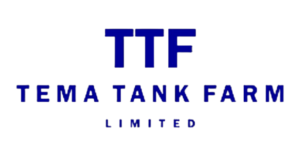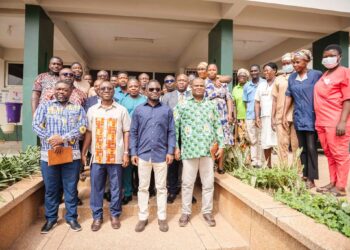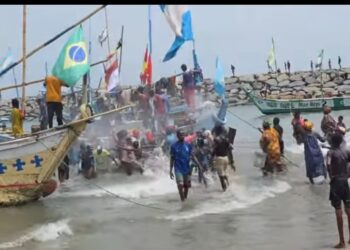By
Hayford Agbekpornu
(Fisheries Commission)
In science, entropy describes the natural tendency of systems to drift into disorder when left unchecked. It is the measure of chaos, uncertainty, and loss of structure. This may sound like a concept confined to physics textbooks, but it is an apt metaphor for the state of our fisheries. Without careful stewardship, the balance of marine and inland ecosystems collapses into disorder, overfished waters, disappearing species, degraded habitats, and struggling communities. Entropy in fisheries is not abstract. It is real, and it is happening.
Fishers on the Frontline of Entropy
For fishers, entropy is lived every day. Where once a few hours at sea yielded full nets, today they spend longer journeys chasing fewer fish. Rising fuel costs, coupled with declining catches, leave many struggling to make ends meet. For artisanal fishers, whose knowledge of the sea has been passed down for generations, entropy represents the erosion of tradition and the uncertainty of survival. For industrial operators, it means higher risks, lower returns, and the constant pressure to compete in an increasingly fragile system.
Yet fishers are also part of the solution. Their lived experiences, observations of stock changes, and willingness to adopt sustainable practices, if properly supported, are invaluable to reversing entropy. When provided with alternative livelihoods during closed seasons, access to modern gear, and clear communication on regulations, they can become champions of sustainability rather than victims of decline.
Regulators Confronting the Tide
For regulators, entropy takes the form of overwhelming responsibility. They face the daunting task of enforcing rules in vast waters where illegal, unreported, and unregulated (IUU) fishing thrives. Entropy is the frustration of watching carefully designed policies falter due to weak compliance, inadequate resources, and competing economic pressures. It is the endless balancing act between today’s political demands and tomorrow’s ecological realities.
But regulators, too, can fight entropy. By strengthening monitoring, control, and surveillance systems, ensuring transparency in licensing, and embracing co-management approaches with fishing communities, they can transform disorder into structure. Effective governance anchored in science, fairness, and accountability is the most powerful tool against entropy in fisheries.
Communities and Consumers Living with the Consequences
For communities and consumers, entropy reveals itself in empty markets, rising prices, and limited access to fish, a critical source of protein. It is felt in the shrinking cultural significance of festivals, the loss of livelihoods for women in fish processing and trade, and the strain on households who depend on affordable fish for nutrition. When ecosystems falter, so too does the social fabric of coastal communities.
However, communities also hold the key to resisting entropy. Local leadership, traditional norms, and community-based surveillance can complement national efforts. Consumers, by making informed choices and supporting sustainably sourced fish, can send strong signals to markets and policymakers alike.
Science and Collaboration: The Antidote to Disorder
Sustainability is, in many ways, the opposite of entropy. It is order, balance, and resilience built into a system. Science provides framework through stock assessments, ecosystem monitoring, and innovative approaches such as aquaculture and ecosystem-based management. Further, moratorium, and use of right gears directives among others. Collaboration among stakeholders, fishers, regulators, scientists, and communities provides the glue that holds the system together.
In practice, this means enforcing closed seasons not as punishments but as investments in abundance. It means protecting breeding grounds by establishing a Marine or Security Protected Areas, regulating fishing effort, and building infrastructure such as landing sites to reduce post-harvest losses. It means providing fishers with training, insurance, and financial access so that compliance becomes feasible. It also means educating the public so that sustainable choices are understood and valued.
A Collective Responsibility
Entropy teaches us that without intervention, systems slide into disorder. Fisheries management teaches us that with foresight, collaboration, and commitment, we can resist that slide. The fight against entropy in our oceans, rivers and lakes is not the task of regulators alone, nor the burden of fishers alone. It is a collective responsibility that demands action at every level.
The choice before us is clear: allow entropy to consume our fisheries or work together to sustain them. Disorder leads to collapse, order leads to resilience and abundance. If we act wisely today, listening to fishers, empowering regulators, supporting communities, and embracing science, we can ensure that tomorrow’s seas are not barren but brimming with life.
Entropy may be inevitable in physics, but in fisheries, we can resist it. Sustainability is our antidote. The future of our oceans, and the millions who depend on them, depends on how firmly we choose to fight entropy together.




































